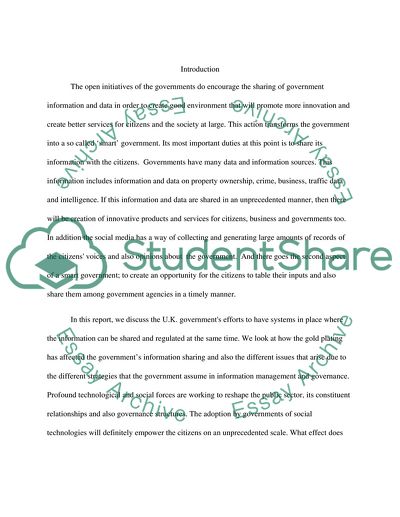Cite this document
(Information Management and Governance of UK Government Assignment, n.d.)
Information Management and Governance of UK Government Assignment. Retrieved from https://studentshare.org/information-technology/1817059-critical-perspectives-on-information-strategy-governance
Information Management and Governance of UK Government Assignment. Retrieved from https://studentshare.org/information-technology/1817059-critical-perspectives-on-information-strategy-governance
(Information Management and Governance of UK Government Assignment)
Information Management and Governance of UK Government Assignment. https://studentshare.org/information-technology/1817059-critical-perspectives-on-information-strategy-governance.
Information Management and Governance of UK Government Assignment. https://studentshare.org/information-technology/1817059-critical-perspectives-on-information-strategy-governance.
“Information Management and Governance of UK Government Assignment”, n.d. https://studentshare.org/information-technology/1817059-critical-perspectives-on-information-strategy-governance.


